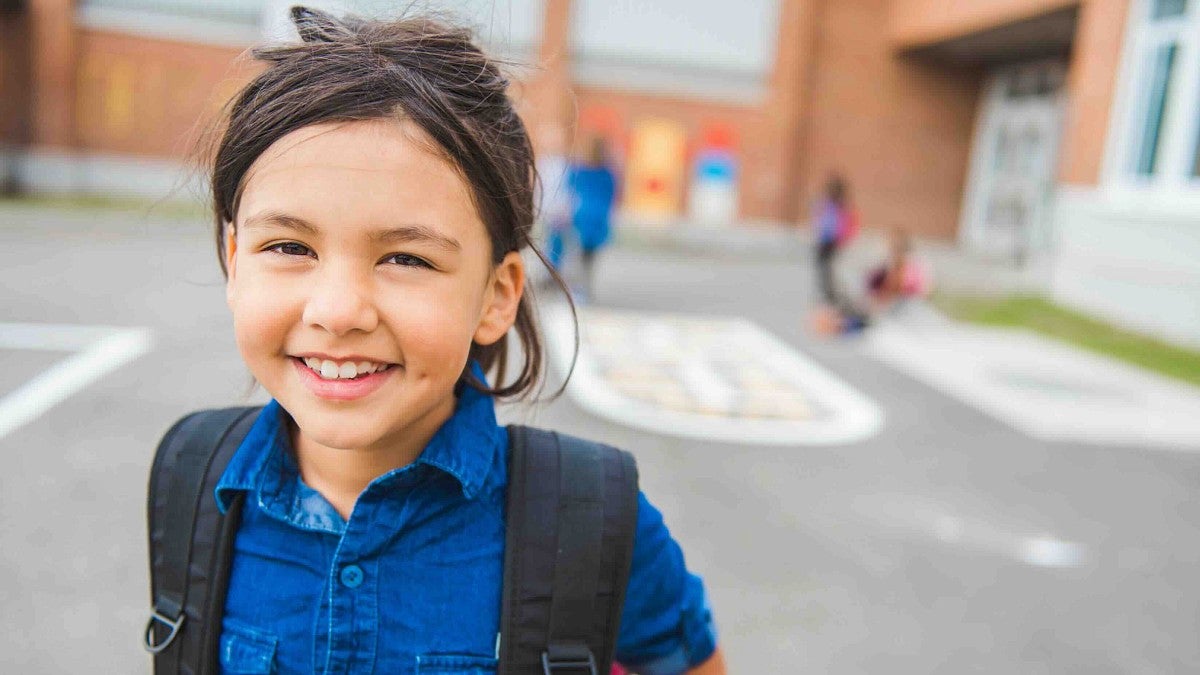
Brain injury researchers at the University of Oregon are partnering with Texas educators, families and policymakers to support the success of children with brain injuries.
Children with traumatic brain injuries (TBI) often need support post-injury, when even the bright fluorescent lights of a classroom can impede their learning. The College of Arts and Sciences’ Center on Brain Injury Research and Training (CBIRT) received a $1.3 million grant from Toyota Motor North America’s Way Forward Fund to develop, implement and evaluate support system aimed at helping students in San Antonio get the necessary family and school interventions for a successful recovery.
"We want to prevent a short-term injury from having long-term consequences by engaging with concussed students when they return to school, and by providing academic interventions to ensure it doesn’t affect their education and future career path,” said David Kracke, TBI policy and legislative coordinator for CBIRT.
“We’ve been doing a great job here in Oregon, and now we have the chance to go on the ground in another state and help create great policies in an entirely new jurisdiction,” he said.
After concluding a four-year study of Oregon’s Return to School program for students with brain injuries, CBIRT researchers now aim to build on these findings and develop TBI support systems in communities beyond the Pacific Northwest. Their program, TBI System of Support for Kids, will combine educator training, community awareness, family intervention and legislative advocacy, along with a digital platform to help coordinate support for children with traumatic brain injury.
An estimated 6,000 Texas children are hospitalized due to traumatic brain injury each year, according to the Texas Education Agency . Yet pediatric brain injuries are often underreported and rarely accurately reflected in special education census reports, said CBIRT director Melissa McCart, co-principal investigator for the grant.
“Traumatic brain injury continues to be an area that is understudied and not addressed well, particularly in early intervention and early childhood education,” said Megan Kunze, assistant research professor for CBIRT and co-principal investigator for the grant. “We’re working to create a system of support for kids, and we’re building it in a way that it can be recreated anywhere. We’re pulling from the work we’ve done in Oregon and developing a culturally aware program in a new community.”
The program will include several components researchers have identified as crucial for supporting children with TBI, including systematic communication between educators and health care providers; tracking of the child’s progress; caregiver coaching; and professional development for school staff.
The digital platform “will be the glue that connects it all together,” serving as an education and research hub while facilitating communication between families, schools and medical personnel said Dane Ramshaw, chief technology officer for CBIRT.
“Parents will be able to create a folio of resources and information about their child and what works well for them, and they can share that with the teacher,” he said.
CBIRT researchers will also work with Texas legislators to help craft laws to protect injured children. Although federal law requires schools to provide support for children with brain injuries, many states have no laws in place to cover the gap between the time a child is injured and when they qualify for assistance under the Individuals with Disabilities Act, McCart said.
“What we’re hoping to do is put laws in place to fill that gap and give families the tools they need to be able to utilize accommodations in that space,” she said.
Toyota’s Way Forward Fund—a multi-year initiative to strengthen injury recovery support, with an initial focus on children with TBI—represents an exciting shift in the conversation around brain injuries, McCart said.
“When I started doing this work 15 years ago, you could barely get people to come to a conference about it,” she said. "For it to have moved to this level, where we’re getting funding specifically to do this kind of work and getting this much attention around brain injury, is phenomenal.”
—By Nicole Krueger, College of Arts and Sciences
